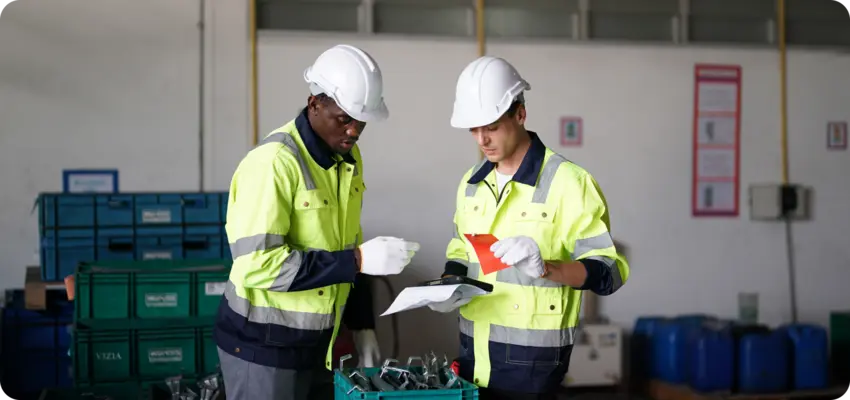Every penny is valuable in the business world that has required a lot of speed in the world of business. Companies meticulously analyze their budgets, looking for opportunities to cut costs, boost efficiency, and improve profitability. Yet, one area often overlooked as a potential source of significant savings and strategic improvement is waste management. For many businesses, waste is simply a recurring expense, a necessary evil handled by a routine pickup service. However, this perspective fails to recognize the hidden costs and untapped opportunities lurking within the waste stream. This is where the expertise of a waste consulting company becomes invaluable, transforming a passive liability into a powerful asset that can fundamentally improve a business’s bottom line.
A waste consultant is more than just another recyclable consultant. They are strategic partners who perform a deep, forensic analysis of a business’s waste generation, disposal processes, and associated costs. By uncovering inefficiencies and identifying overlooked opportunities, they can drive down expenses, enhance operational sustainability, and even create new revenue streams, all while making a positive environmental impact.
Uncovering the Hidden Costs of Waste
For most businesses, waste costs are perceived as a single line item on an invoice. In reality, the true cost is a complex web of direct and indirect expenses that often go unexamined. A waste consultant’s first task is to bring these hidden costs to light.
They begin with a comprehensive waste audit, meticulously analyzing what a business throws away and how it’s being handled. This audit often reveals surprising inefficiencies. Beyond the direct costs of hauling and tipping fees, a consultant also looks at indirect expenses. This includes the time employees spend managing waste, the cost of purchasing disposable materials, and the potential for a negative brand image due to poor environmental practices. By providing a holistic view of these costs, a waste consultant helps a business see waste not just as a byproduct, but as a major operational and financial factor.
Streamlining Operations for Maximum Efficiency
After the waste audit has been done, a waste consultant undertakes streamlining of the whole process of waste management. Their suggestions are specific to the requirements, as well as the wastes streams of the business, and results in operational gains.
This might involve right-sizing waste containers to match actual volume, leading to lower monthly service fees. They can negotiate better contracts with waste haulers, leveraging their industry knowledge and relationships to secure more favorable rates and terms. For businesses with multiple locations, a consultant can standardize waste management practices across the board, creating consistency and simplifying oversight.
The ROI of a Professional Partnership
The cost of engaging a waste consultant is often a fraction of the savings they can generate. Their fee structure, which is often a percentage of the savings or a flat project fee, ensures that their interests are aligned with the business’s success. The return on investment (ROI) can be immediate and substantial, with many businesses recouping the cost of the consultant within the first few months.
Beyond the financial benefits, the long-term value comes from the systems and knowledge they leave behind. They don’t just solve a problem; they build a sustainable, efficient, and profitable waste management infrastructure that will continue to benefit the business for years to come. This empowerment through expertise is a key part of their value proposition.
Conclusion: A Strategic Partner for a Healthier Bottom Line
The issue of waste management is an underutilized sector that has massive cost-saving and operating efficiency opportunities. By moving beyond the bin and engaging with a waste consultant, a business can transform a mundane, recurring expense into a strategic advantage. They uncover hidden costs, streamline inefficient processes, create new revenue streams, and enhance a company’s reputation for sustainability. In a competitive landscape where every advantage matters, this proactive approach to waste management is no longer a luxury—it’s a smart business decision that can lead to a healthier bottom line and a more sustainable future.











